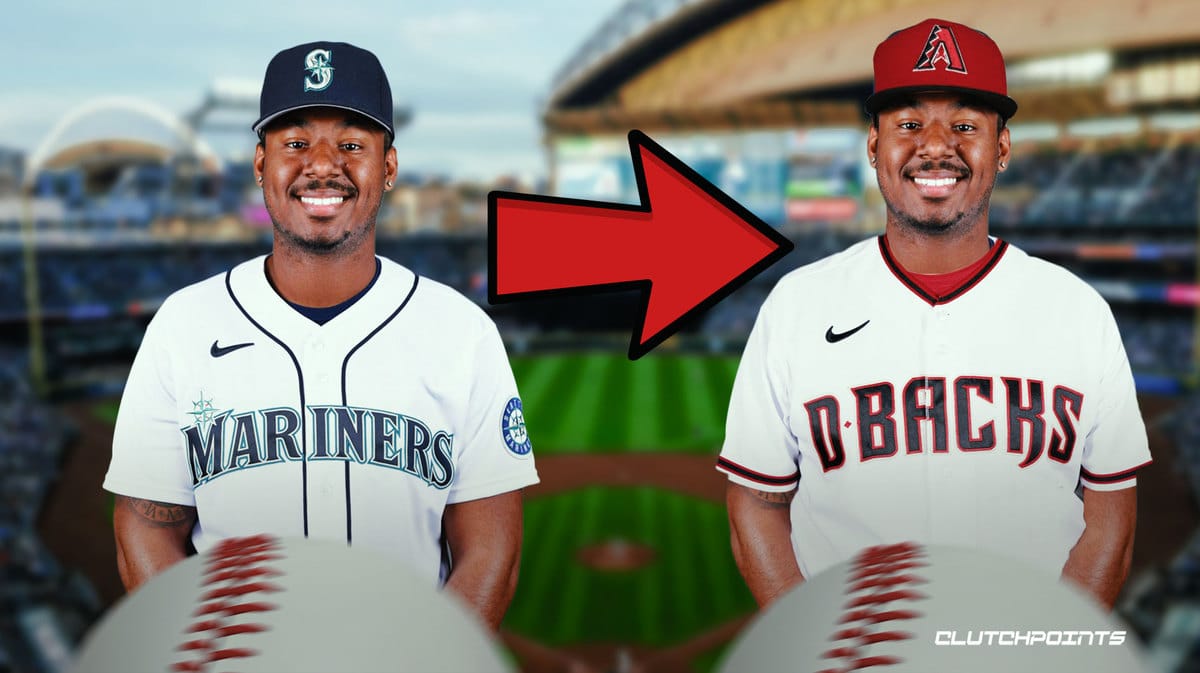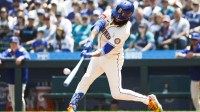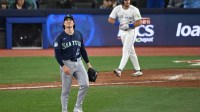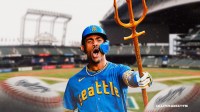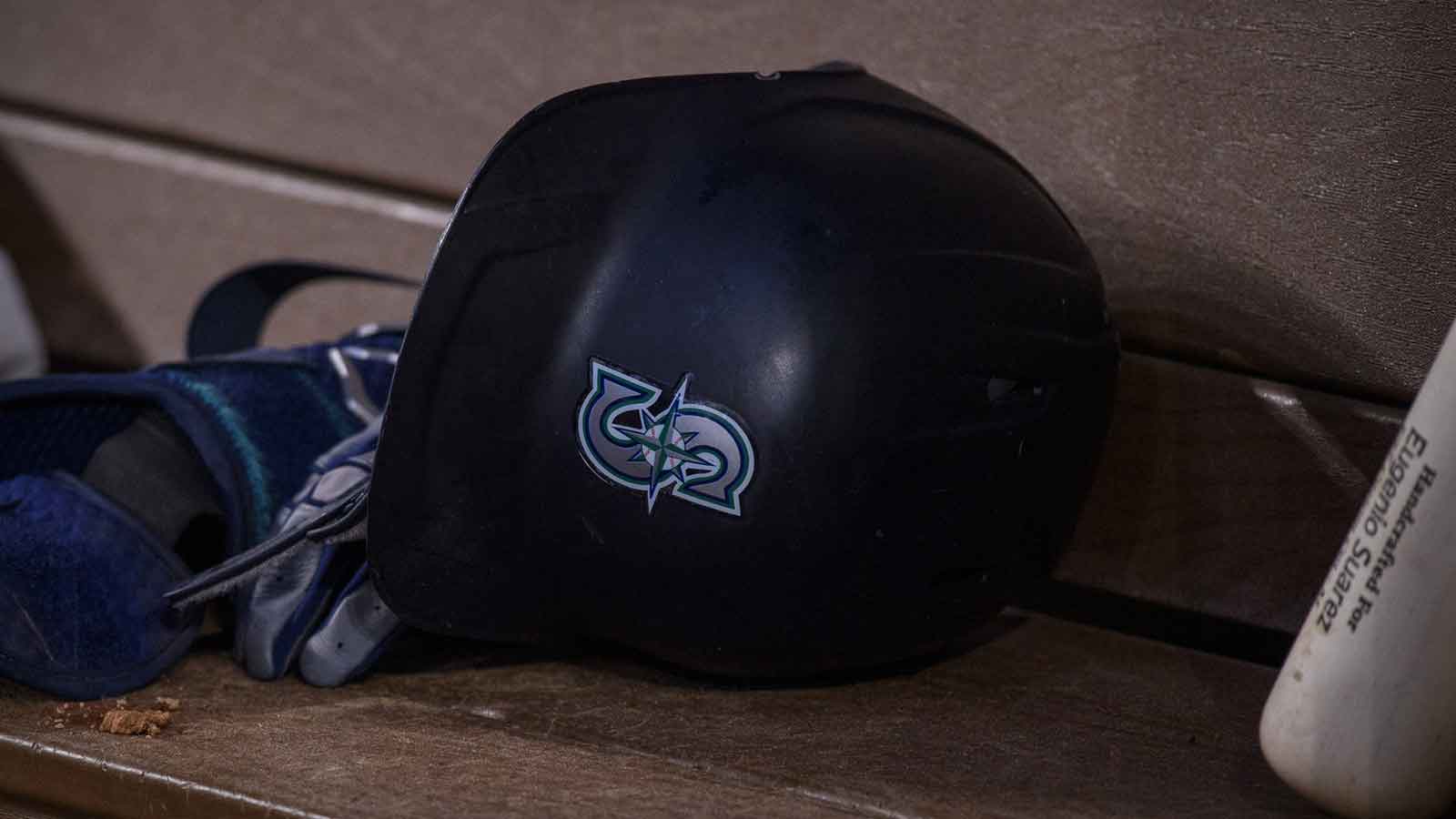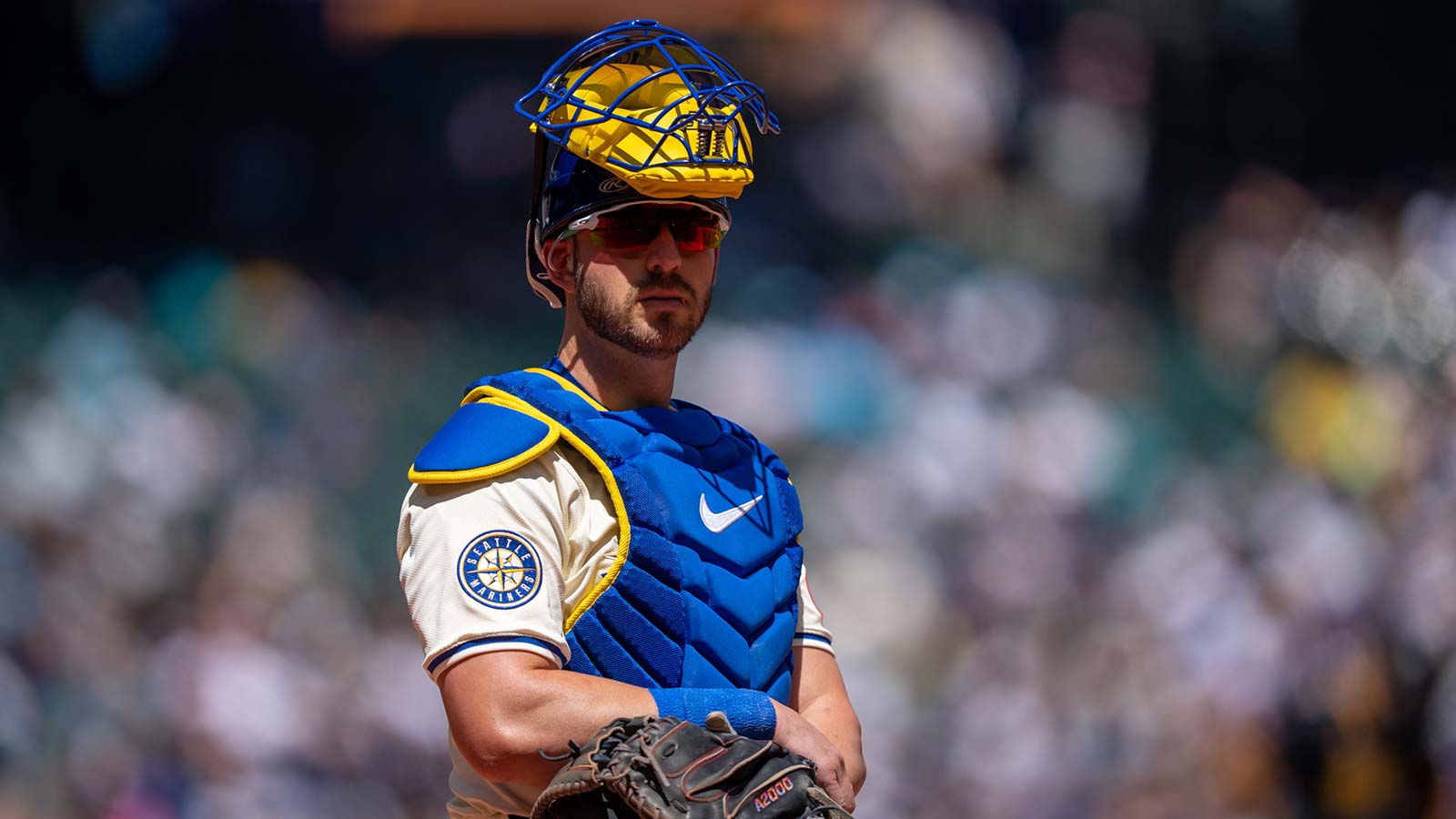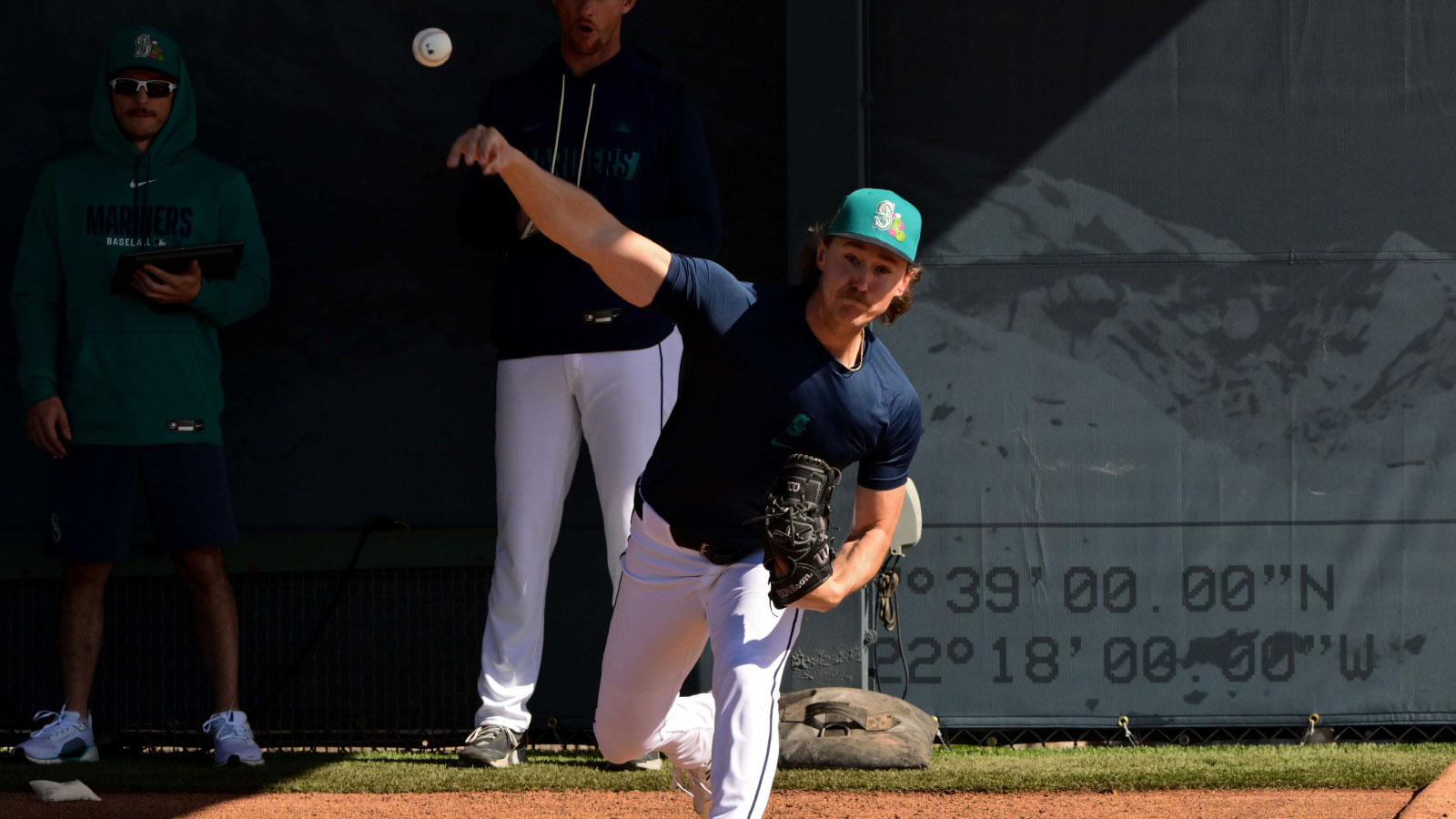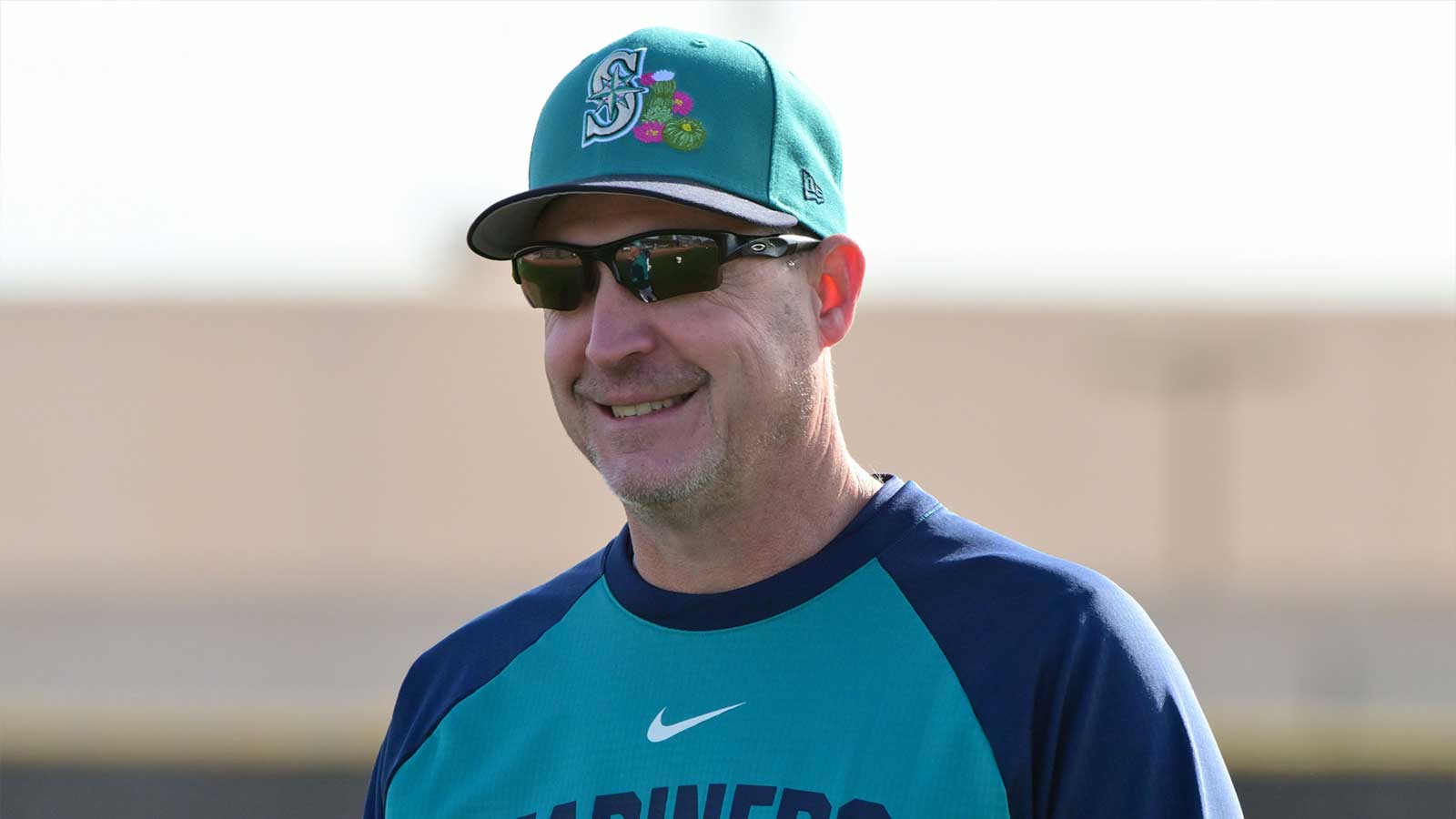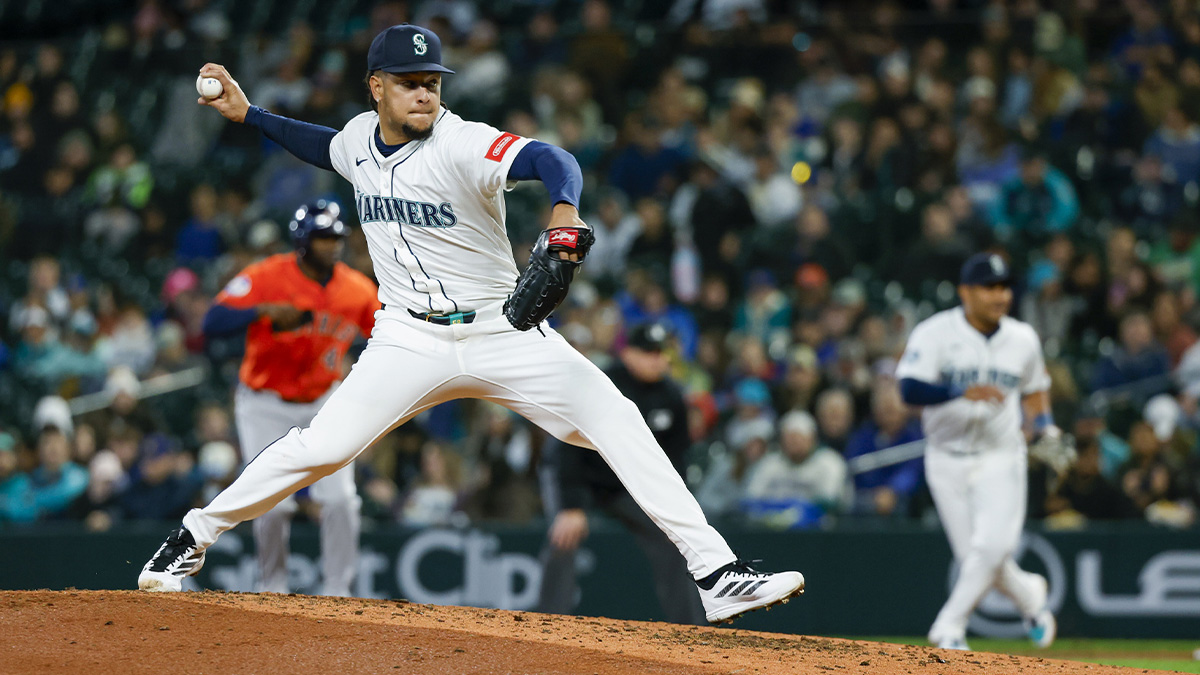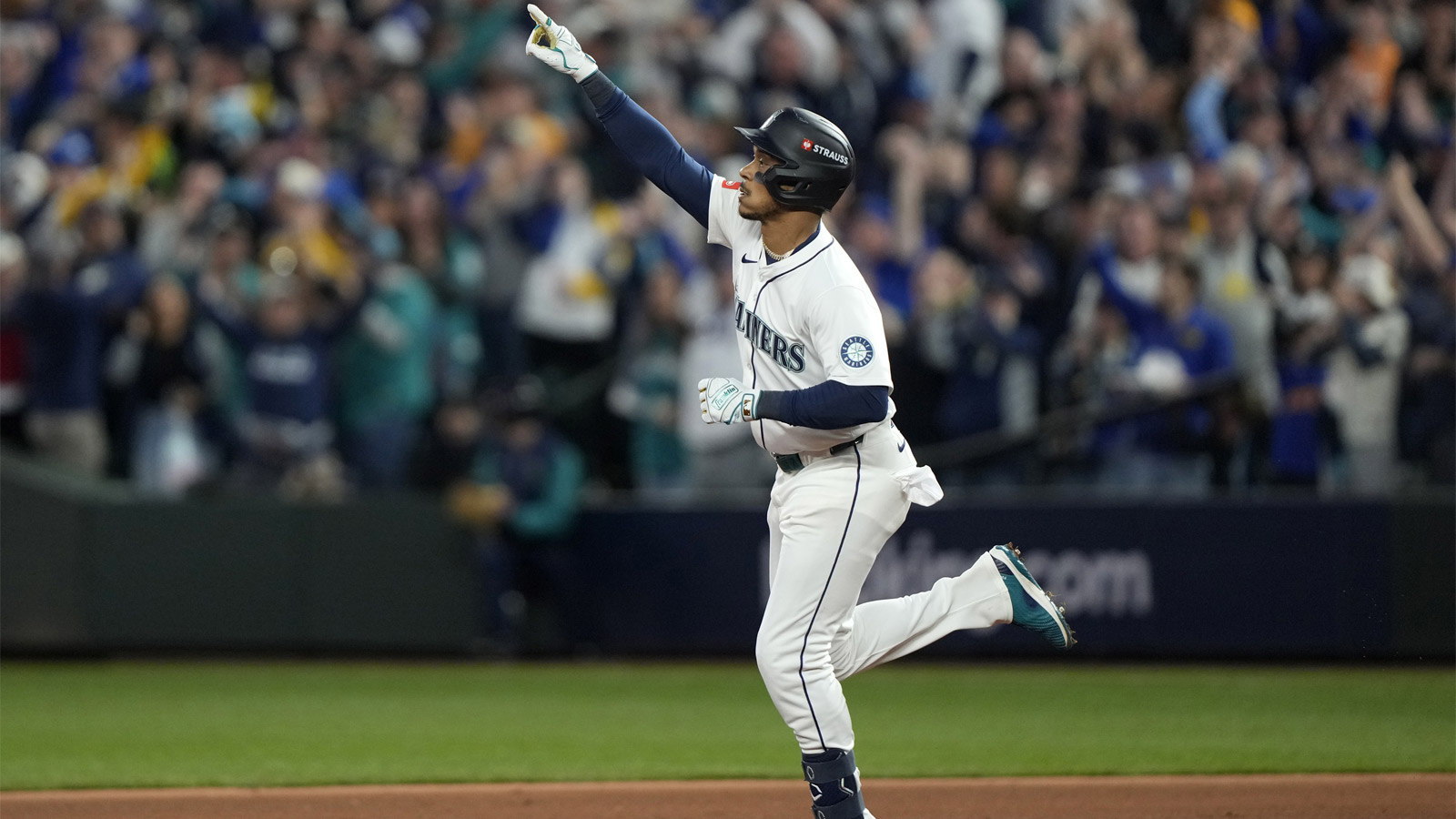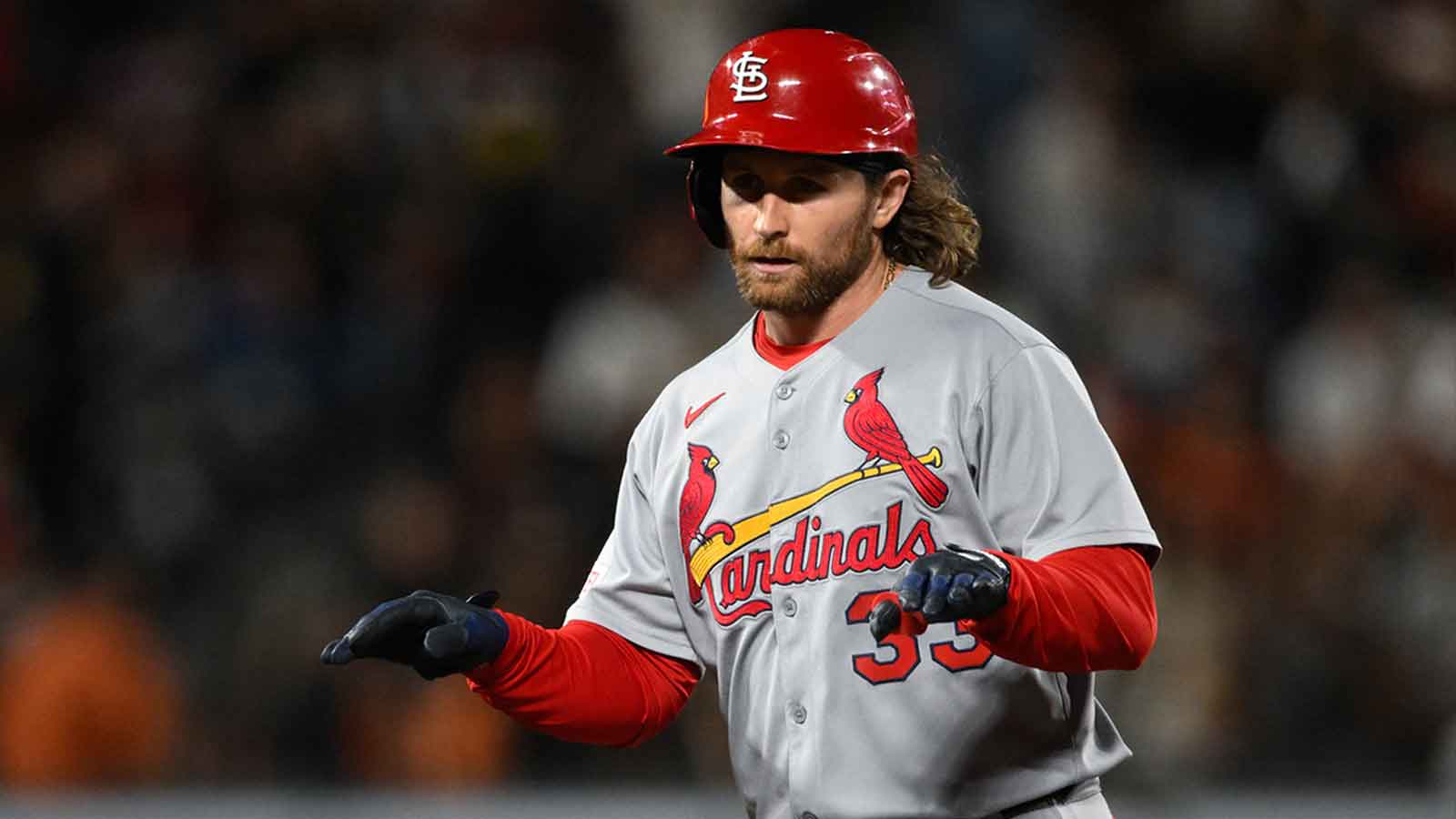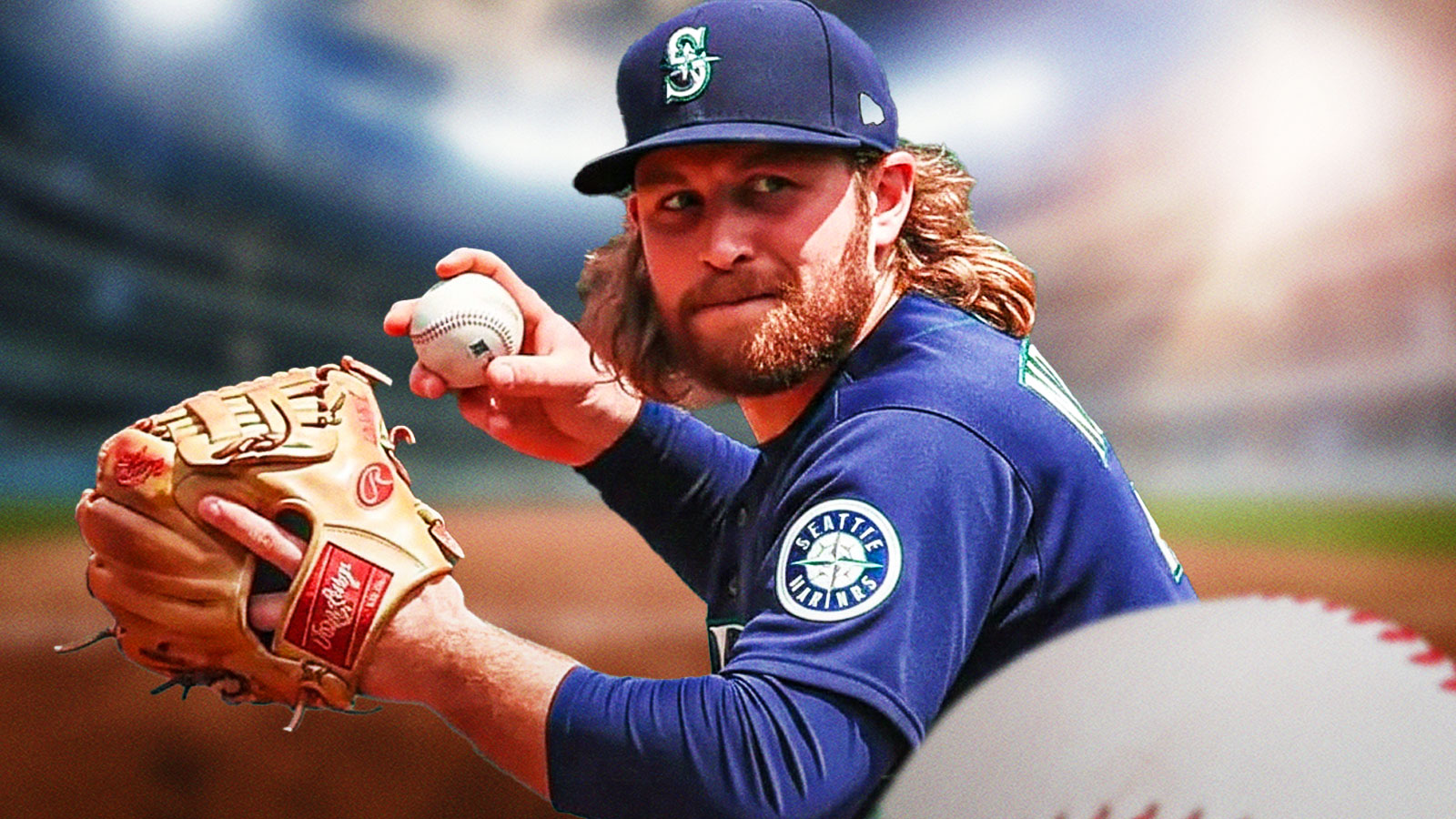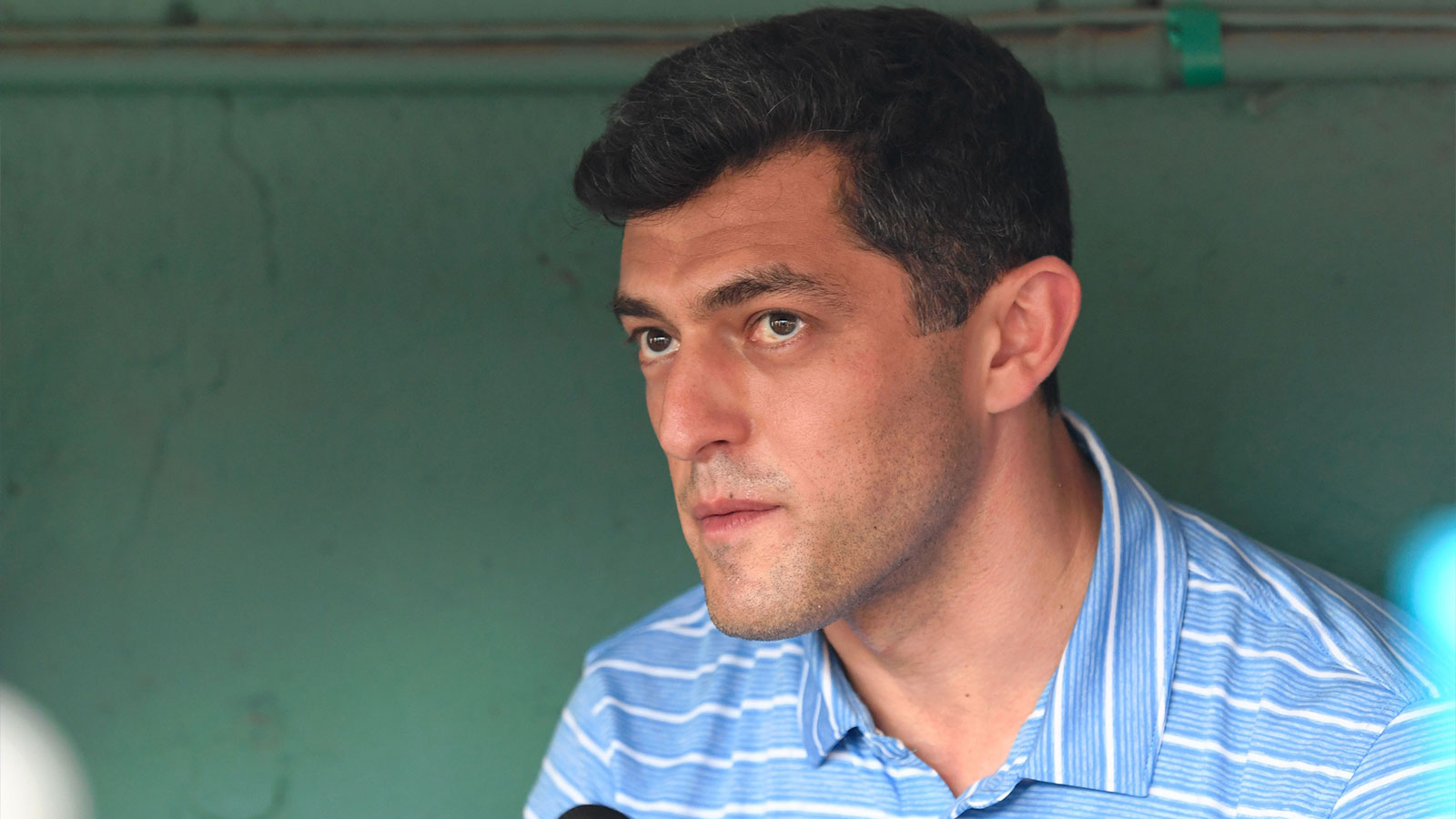The Seattle Mariners made an unexpected return to the playoffs in 2022 for the first time since 2001, and even managed to win their Wild Card round series against the Toronto Blue Jays. While they were promptly swept by the eventual World Series champs in the Houston Astros, it's clear that the Mariners are a relevant team in the MLB for the first time in nearly 20 years.
Seattle quietly emerged as a strong Wild Card team in the American League West last season, led by a young core and a group of overachieving veterans. The Mariners pulled off some big moves along the way, particularly trading for former Cincinnati Reds ace Luis Castillo, proving that they mean business moving forward.
This offseason, they have continued to make some aggressive moves, primarily geared towards bulking up their lineup. And while they haven't made some of the big moves that their competitors across the MLB have made, it's clear that they are a dangerous team in 2023. Despite that, they made some risky moves this offseason, with their decision to give up on this young player being the riskiest of them all.
Mariners riskiest offseason move: Trading Kyle Lewis
Easily the weakest spot the Mariners had in 2022 was their outfield. While Julio Rodriguez was a stud in his first season in the majors, winning the AL Rookie of the Year award, he didn't get much help alongside him. Jesse Winker was horrible in his first and only season with Seattle, and Mitch Haniger simply couldn't stay healthy in right field, forcing Sam Haggerty and Jarred Kelenic into action.
The outfield will look very different in 2023, though. Winker was traded to the Milwaukee Brewers, Haniger signed with the San Francisco Giants in free agency, and the Mariners swung a trade with the Toronto Blue Jays for Teoscar Hernandez. A more under the radar move that is actually a pretty big risk for the Mariners, though, saw them trade Kyle Lewis to the Arizona Diamondbacks as well.
Lewis' tenure with the Mariners was confusing to say the least. He broke in with the team in 2019, and ended up winning the AL Rookie of the Year award in the shortened 2020 season (.262 BA, 11 HR, 28 RBI, .801 OPS). It looked like Lewis' all-around strong play would make him a key piece of Seattle's lineup for years to come.
That didn't materialize, unfortunately. Lewis played in only 36 games in 2021 after tearing his meniscus, and he only played in 18 games in the majors in 2022 after not being ready for the start of the season, suffering a concussion, and then struggling to the point where he got demoted to Triple-A to finish the season.
Lewis' future with the team was certainly in flux after two injury plagued seasons full of struggles, but it felt like he deserved a shot to win his starting gig back after a couple seasons full of bad luck. But Seattle's front office didn't agree, and ended up trading him to the Diamondbacks in return for Cooper Hummel.
On paper, this is a pretty confusing deal. The Mariners still could have used Lewis as a fourth-outfielder as well, and after winning Rookie of the Year back in 2020, it's clear that when he's fully healthy, he's an impact player. Instead, they cut their losses on him without really having a third outfielder lined up, while also getting a minimal return in Hummel.
The risk here is that Lewis could quickly become an everyday contributor on a rebuilding Diamondbacks team and make the Mariners look foolish for letting go of him so soon. They may have felt as if they didn't have a spot for the struggling outfielder, but Lewis is still just 27 years old, and proved in 2020 that he can play in the majors. Why give up on him so soon?
In fairness, the Mariners don't necessarily have the time to wait on Lewis to develop like the Diamondbacks do, which may have influenced them to make this deal. But it's not like Hummel (.176 BA, 3 HR, 17 RBI, .580 OPS) who just reached the majors last season at the age of 27, is anything special. He can play catcher and in the outfield, but is he really a major-league caliber player?
All in all, this isn't the riskiest move ever made, but there's a chance that the Mariners could end up getting burned for deciding to pull the trigger on this confusing trade involving Lewis. Yes, Lewis wasn't totally productive over the past two seasons, but he still has a lot of potential, and Seattle may have to watch him realize it fully with Arizona, which is what makes this their riskiest move of the offseason.

